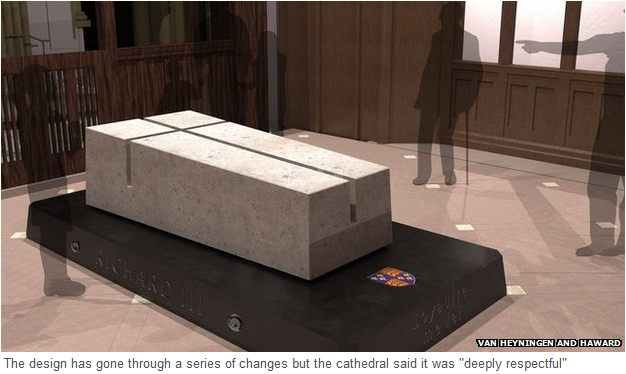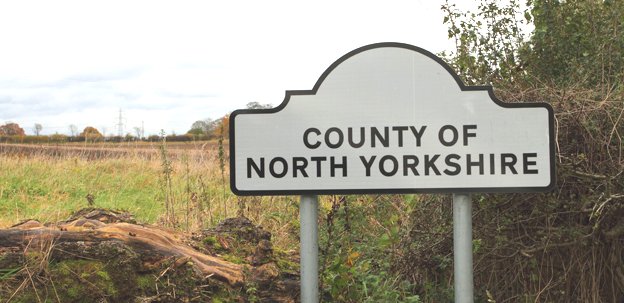While the England team may not need to worry about what to do in the elimination round (because they’re not going to get that far), James Delingpole claims that this is the greatest World Cup ever, and offers five reasons he’s right:
1. Filthy, cheating foreigners are conforming satisfyingly to stereotype.
The reason England are already out of the competition, claimed Wayne Rooney over the weekend, is that we are far too nice. If ever we wish to win again at the game we invented, he suggested, then we will have to learn to cheat like all the filthy foreigners with their effeminate hairstyles, their casual fouling and their extravagant diving.
But obviously we can’t do that sort of thing because then we’d look like the kind of people who still live with their mothers and eat garlic on toast and ride around piazzas on mopeds.
Which is why we prefer to lose because it shows our national superiority. Anyway, football is fixed now — so really it’s not up to the players who wins any more anyway, it’s decided by the betting syndicates in India and Pakistan and Ghana.
[…]
3. It has given the Scots something not to grumble about
Nothing — not a warming draught of deep fried Irn Bru (copyright Michael Deacon) nor the skirl of pipes nor the reassuring “pit” of the latest welfare cheque landing on the floor of your council flat — gladdens a Scotsman’s heart quite so much as the sight of England losing in a major (or indeed minor) sporting event.
It’s quite possible that, had England won this World Cup, the backlash would have driven the whole of Scotland into voting “Yes” in the forthcoming referendum. Those of us who love the Scots and dearly wish them to remain part of the Union, therefore, should rejoice in Britain’s tactical defeat in the World Cup.
[…]
5. Nazi Pope Reefer Man
Do I really need to explain?
My favourite Twitter post from the start of the World Cup now seems prescient:
The England team visited an orphanage in Brazil today. ‘It's heartbreaking to see their sad little faces with no hope,"’ said Jose, age 6.
— Peter Nurse (@PeterNurse1) June 11, 2014







